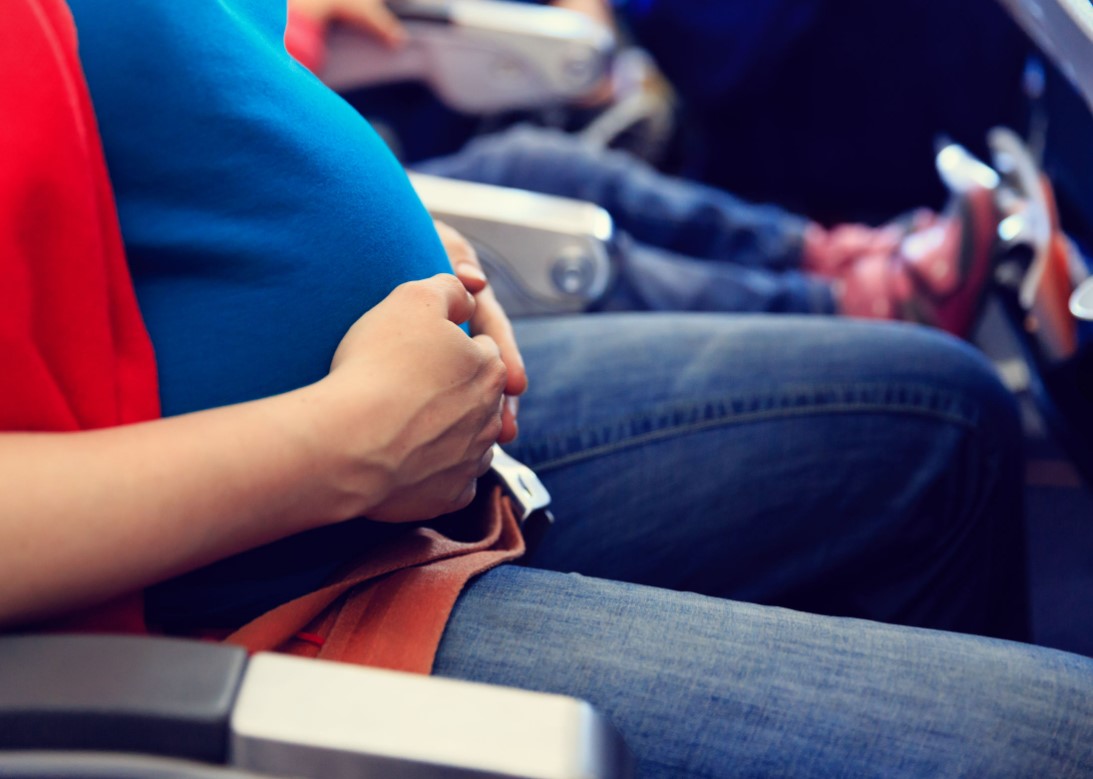When Should You Stop Traveling by Car When Pregnant? Whether you are already pregnant or you have just found out that you are pregnant, there are certain things that you need to be aware of when traveling by car. Some of the tips listed below can help you avoid being harmed while traveling by car, and may even help you get to your destination more safely.
Wear a seatbelt
Putting on a seatbelt when traveling by car when pregnant is one of the most important safety precautions you can take. It is designed to protect both you and your unborn baby in the event of an accident. The American College of Obstetricians and Gynecologists (ACOG) recommends wearing a seatbelt at all times while driving.
According to the CDC, auto crashes account for more than 80% of all lost pregnancies. Women who are 20 weeks or more pregnant are at risk for injury or death from trauma caused by a car crash.
A 2008 study of women involved in crashes estimated that wearing a seatbelt when traveling by car during pregnancy could reduce fetal deaths by more than 80%. Wearing a seatbelt when pregnant also reduces the risk of injury to the baby by 84%.
Avoid bumpy roads
During pregnancy, you should be aware of the risks associated with driving over bumpy roads. In fact, a recent study suggests that bumpy roads may increase your risk of delivering early.

Researchers from the University of British Columbia Okanagan in Canada have studied the effects of speed bumps on pregnant women. Their findings are based on crash test data and the dynamic behavior of a pregnant uterus.
Speed bumps, or dips, can cause large force to be applied to the fetus, increasing the likelihood of abdominal pain. They can also cause damage to the fetal organs and brain.
Researchers suggest that pregnant women should slow down when approaching speed bumps. They also advise pregnant women to keep their vehicles in good shape. They recommend that women avoid bumpy roads during the last three to four months of pregnancy.
Avoid long car journeys
During pregnancy, it is essential to avoid long car journeys. Long car journeys are not only hard on the body but they also increase your risk of miscarriage.
One way to avoid long car journeys is to divide your journey into stages. This will ensure that you take breaks during your journey. You should stop at least every two hours. These breaks will allow your blood to circulate and prevent deep vein thrombosis.
Keeping your seat belt in place will also help prevent injury. The lower seatbelt strap should be placed as low as possible to your abdomen.
The first month of pregnancy is a good time to avoid long car journeys. This is because the size of your uterus will make it difficult for you to get in and out of your car.
Avoid distractions
Trying to avoid distractions while driving is a must when your pregnant, especially if you have a newborn in the backseat. Fortunately, there are several resources available to help make your road trips safer. Here are some suggestions on how to go about it.
The best way to avoid distractions while driving is to make sure that everyone in the car is accounted for. That includes the driver, passengers and the baby. That way, you’ll be more focused on the road.
It’s also a good idea to keep a close eye on the baby’s heart rate. This way, you’ll know when it’s time to pull over for a quick snooze or when it’s time to go on a jog. If you have a newborn in the car, don’t be afraid to ask for help.
Drink plenty of water
Keeping hydrated when traveling by car is very important for pregnant women. Dehydration can lead to Braxton Hicks contractions and can lead to preterm labor. In addition, dehydration can also cause neural tube defects in the baby.
During pregnancy, the body requires more water to support the baby and increase its blood volume. The Institute of Medicine recommends that pregnant women drink at least ten eight-ounce glasses of water per day. It is also advisable to drink more water if you are exercising.
If you are traveling in a car, you should stop every couple of hours to walk around and stretch. This will help to prevent deep vein thrombosis in the legs. You should also wear a seatbelt when traveling by car.
Pregnant Women Can No Longer Sit on the Bus Seat When Pregnant
Apparently there is a new rule in place that states that women can no longer sit on the bus seat when they are pregnant. Apparently it has been found that women who are pregnant can be too heavy for a bus seat.
Reddit user’s story
Several months ago, an anonymous woman posted about an incident that took place on the popular internet forum Reddit. She explained how she had met with an accident on a road. She told the subreddit that she had been crossing the road, but was hit by a speeding car. The woman said that she was “basically fractured” on her knee cap and a bone in her leg.
After the incident, the woman posted to Reddit’s r/AmITheA**hole subreddit. The post quickly gained over 9,000 upvotes and 2.5K comments. Many people commented on the incident and said that the man was in the wrong for not giving up his seat. Several users said that giving up seats is a common practice in many countries.
The man in the incident replied that his seat was “taken”. He also said that he was busy, working on his feet all day. This prompted the woman to confront him. He claimed that pregnancy wasn’t his problem, but she said that he should give her a seat because she was pregnant. She said that she needed a seat for safety reasons.


